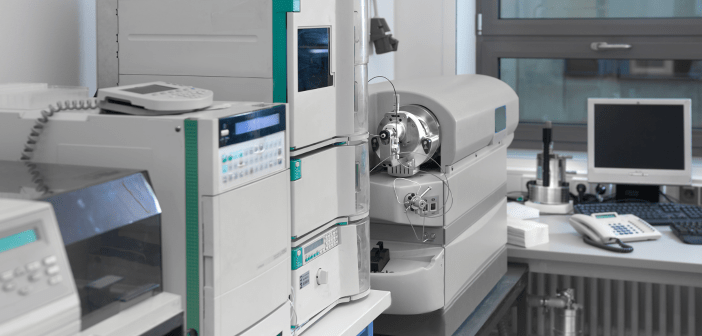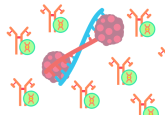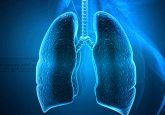Manchester researchers help secure £49.35m to boost mass spectrometry research

– Updated 13th May 2024 –
Scientists at The University of Manchester (UK) have supported a successful bid for new research and innovation infrastructure aimed to boost the UK’s capability in mass spectrometry (MS).
The bid was developed by a team made up of scientists from a number of Universities across the UK, who secured £49.35m from the UKRI Infrastructure Fund, which will be used to create a national hub-and-spoke infrastructure called C-MASS, developed to advance and unite the UK’s capability in MS.
As a powerful analytical technique that measures the mass-to-charge ratio of molecules in a sample, MS is central to progressing science and medicine. Notably, the first mass spectrometer, originally called a parabola spectrograph, was built in 1912 by JJ Thomson, an alumnus of The University of Manchester.
More recently, the university’s researchers have employed MS for a diverse range of world-leading research across multiple disciplines including chemistry, biology and biotechnology. To name just a few of these projects, MS has been instrumental in research improving the diagnosis of womb cancer, understanding Huntington’s disease, diagnosing Parkinson’s disease and identifying treatments for blindness.
You may also be interested in:
- Validation of Mitra® VAMS® as a blood collection technique for trace elements analysis using ICP-MS/MS
- Top industry advancements in mass spectrometry
- Panel discussion: LBA and LC–MS/MS hybrid assays
C-MASS will allow methodological advances, by developing standardized protocols to enable widespread screening of health markers and facilitate rapid data access and sharing. It will consolidate advanced equipment across various laboratories, interconnected and overseen by a central hub managing a comprehensive metadata catalog. Combined, this approach should offer unparalleled data organization and serve as an indispensable resource for measurement science in the UK.
“As part of the coordination team for this bid, I am absolutely delighted. C-MASS will be a distributed infrastructure to enhance the capabilities of MS across the UK and grant us unprecedented insights [into] the molecules that make up our world,” commented Perdita Barran , Professor and Director of the Michael Barber Centre for Collaborative Mass Spectrometry at The University of Manchester.






